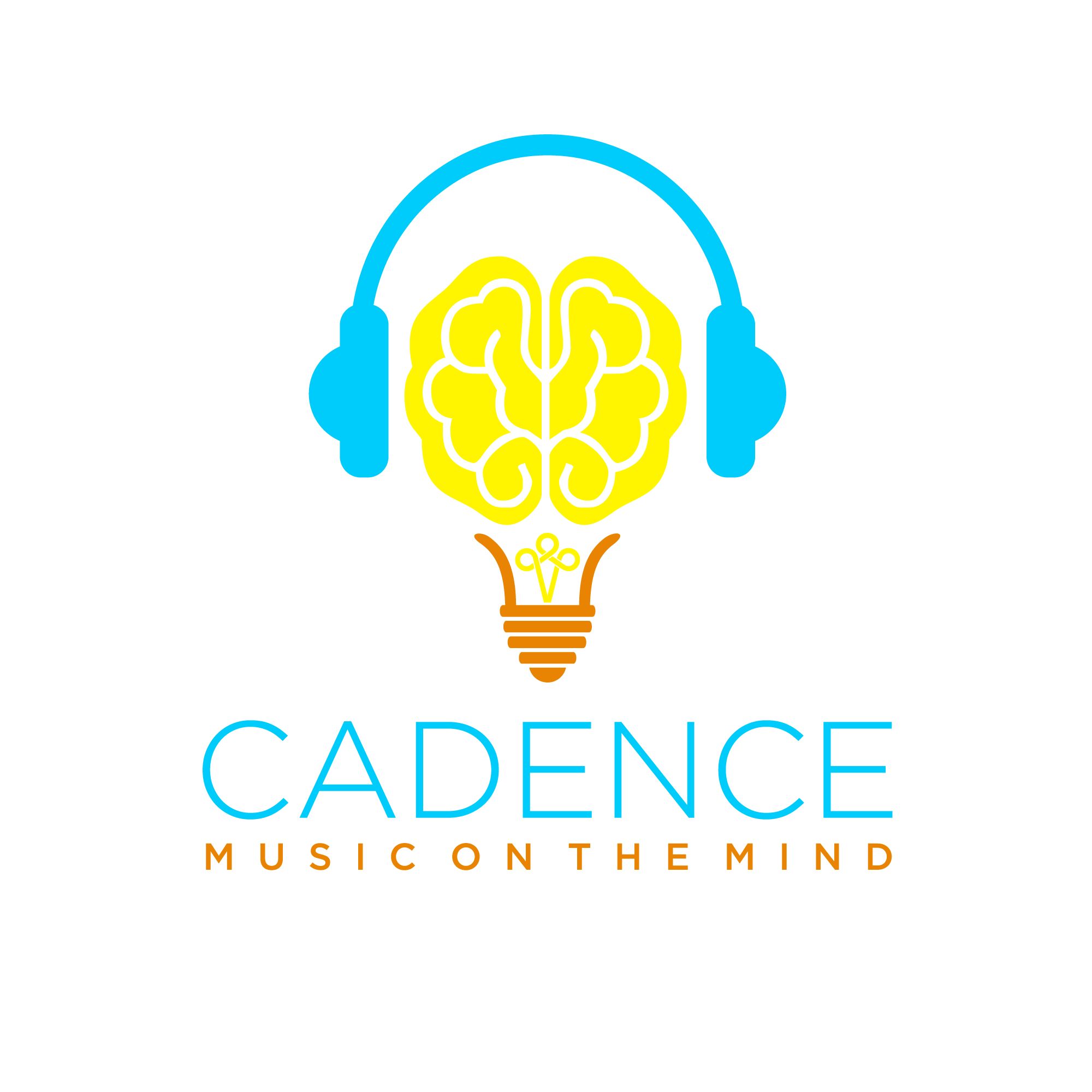

Cadence Podcast: What Music Tells us About the Mind
Indre Viskontas
Cadence is a podcast about music: how it affects your brain, your life, and the community in which you live.
Join our host, cognitive neuroscientist and classically trained opera singer Indre Viskontas while we talk to scientists, musicians, musicologists, and composers to find answers to some of the biggest questions still surrounding the intersection of music and science. How much can we learn about the mind with music as the lens?
Join our host, cognitive neuroscientist and classically trained opera singer Indre Viskontas while we talk to scientists, musicians, musicologists, and composers to find answers to some of the biggest questions still surrounding the intersection of music and science. How much can we learn about the mind with music as the lens?
Episodes
Mentioned books

Jan 19, 2018 • 34min
S02 Episode 03: Writing Songs to Learn English
In this episode, we meet Sandra C., a guest at a sanctuary called Rosie's Place for poor and homeless women in Boston. At Rosie's Place, guests are treated with dignity and respect, and given access to resources designed to improve their lives. One of these resources is an English language class done in partnership with the music therapy program at the Berklee College of Music in which music is part of the core curriculum.

Jan 2, 2018 • 35min
S02 Episode 02: Drug-Free Dopamine Boost: Music and Parkinson's Disease
In this episode, we tell the story of a dance class designed for people who are losing the ability to move voluntarily. Mike Gabel, who was diagnosed with Parkinson's disease four years ago, explains why he never misses a class.

Dec 13, 2017 • 30min
S02 Episode 01: Losing Genes but Gaining Music
This season, we’re going to focus on music as medicine—telling the stories of people whose lives have been immeasurably improved with music. In this episode, we talk about William’s Syndrome, a genetic condition that causes heart problems, intellectual disabilities and a profound love of music. We hear from 31-year-old Benjamin Monkaba, who has the condition, his mother Terry, and Jennifer Latson, author of The Boy Who Loved Too Much, a book about William's Syndrome.

Jun 24, 2017 • 22min
Episode 10: Sometimes Behave So Strangely Redux
As we finish up season one, we look back to one of the most famous and strange musical illusions: speech turning into song through repetition. We explore some new research on the relationship between singing and speaking and what happens in the brain when the illusion works. And we look forward to season two, in which we'll focus in on what music can tell us about medicine.

Jun 8, 2017 • 33min
Episode 09: Listening Better
It takes years to train your ears - but not necessarily a music degree. Auditory neuroscientist Nina Kraus tells us how musicians listen and therefore hear differently with training. Orchestral conductor Eric Dudley explains that the secret to getting an orchestra to sync up is teaching them to listen and ukulele player and comedic musician Molly Lewis demonstrates how she taught herself to become a musician by listening better.

May 25, 2017 • 33min
Episode 08: The Clocks in Your Brain
In this episode we continue our exploration of how musicians tell time and how anyone embodies pulse. We talk to Dean Buonomano, a neuroscientist who studies time at UCLA and we hear from previous guests: music cognition researcher Jessica Grahn, percussionist Jack van Geem, and film director Jonathan Lynn.

May 11, 2017 • 35min
Episode 07: Feeling the Beat
How do our brains tell where the pulse is in music? Can we improve our sense of rhythm or is it something we're just born with? In this episode, we learn how professional percussionist Jack Van Geem became a precision timing machine, and how he teaches his student, Katrina Shore, to develop her skills. We also talk to music cognition researcher Jessica Grahn to find out what's happening in our brains when we feel the beat.

Apr 28, 2017 • 29min
Episode 06: What Musicians Hear
You often hear people say that music is good for your brain because it's the only activity that uses all of it. That's not true. And the truth is actually much more interesting. In this episode, we talk to auditory neuroscientist Nina Kraus, who explains how musical training changes what we hear, or, more specifically, how we listen.

Apr 13, 2017 • 33min
Episode 05: Why Do We Like the Music That We Like?
Is there music that is considered universally great? Why do some composers from 18th century European countries still sell out concert halls hundreds of years later, while most of their contemporaries have been forgotten? Is their music really that much better? Or have we convinced ourselves that it’s better because we know that we're supposed to like it?

Mar 30, 2017 • 27min
Episode 04: What Is Music For?
We take a step back from neuroscience and psychology to listen to what artists have to say about what music is for.


